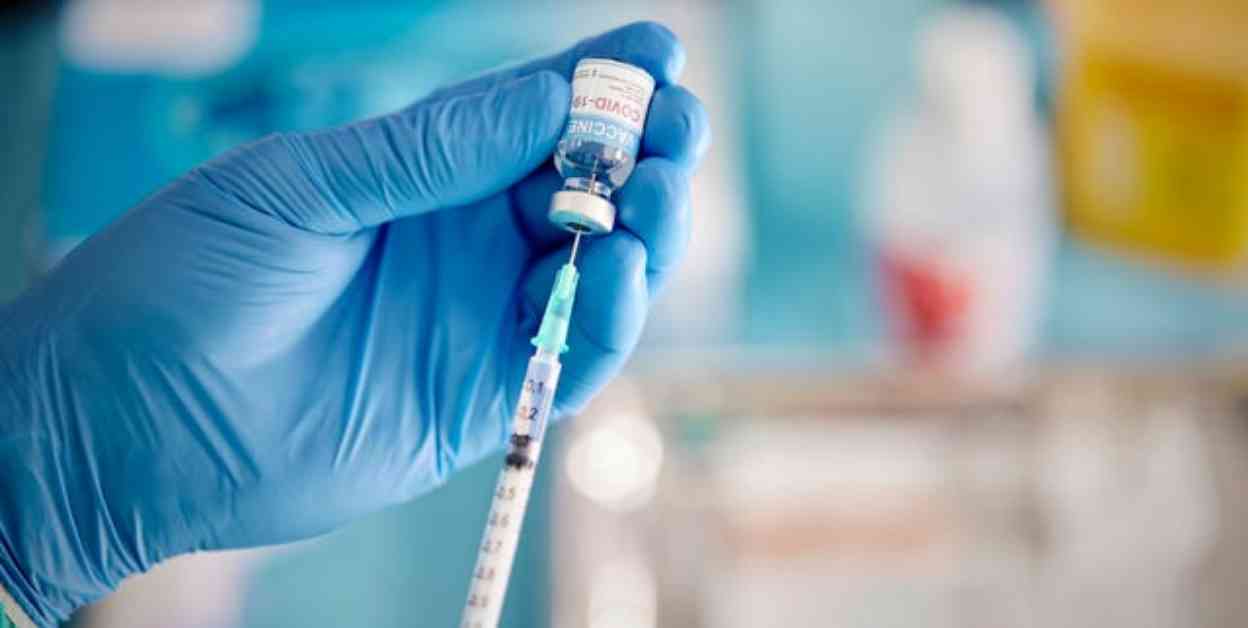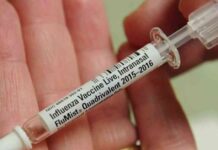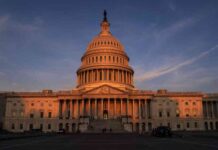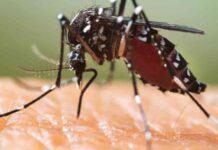The latest development in the fight against COVID-19 has arrived with the approval of new vaccines from Pfizer and Moderna by the Food and Drug Administration. These updated vaccines have been designed to target the KP.2 strain of the SARS-CoV-2 virus, which is responsible for causing COVID-19. This marks the third time that the vaccines have been updated to combat the evolving nature of the virus.
According to Peter Marks, MD, PhD, the director of the FDA’s Center for Biologics Evaluation and Research, “Vaccination continues to be the cornerstone of COVID-19 prevention.” He emphasized the importance of receiving the updated vaccines as a means of providing better protection against the currently circulating variants. The FDA has confirmed that the updated vaccines meet strict standards for safety, effectiveness, and manufacturing quality.
Dr. Thomas Russo, a professor and chief of infectious disease at the University at Buffalo in New York, has shed light on the significance of the most current COVID-19 vaccines from Pfizer and Moderna. These mRNA vaccines have been tailored to closely target the strains that are currently prevalent, offering enhanced protection against severe infection. It’s important to note that the Novavax vaccine is not yet available and that the FDA recommends that everyone aged 6 months and older should receive the new vaccine.
When it comes to the availability of the updated COVID vaccine at pharmacies, there is some uncertainty. While CVS is in the process of removing the older vaccine from its inventory and awaiting the arrival of the new vaccine, Walgreens has yet to update its website to address the new vaccine. Dr. Russo anticipates that it may take about a week for the Pfizer and Moderna vaccines to be available at pharmacies. He advises individuals in high-risk categories to get vaccinated as soon as possible, while suggesting that those at lower risk should aim to receive the new vaccine by Halloween.
If you were infected during the summer wave of COVID-19 cases, Dr. Russo recommends waiting for at least three months from the time of infection before getting vaccinated. As for the cost of the new COVID vaccine, it can vary. While most health insurance plans cover the vaccine, uninsured individuals may need to pay out of pocket. Dr. Russo acknowledges that cost can be a barrier to receiving care for some individuals, especially since public health programs for adult vaccinations have been depleted.
In terms of COVID-19 symptoms, Dr. Russo notes that many healthy individuals are experiencing symptoms similar to a common cold. The Centers for Disease Control and Prevention (CDC) lists common symptoms of COVID-19, including fever, cough, shortness of breath, sore throat, congestion or runny nose, loss of taste or smell, fatigue, muscle aches, headache, and nausea or vomiting. For individuals in high-risk categories, symptoms may be more severe.
Despite the prevalence of COVID-19 and its variants, Dr. Russo emphasizes the importance of getting vaccinated. He stresses that vaccination remains a crucial tool in preventing the spread of the virus and protecting individuals from severe illness. As we navigate through the ongoing challenges posed by the pandemic, staying informed and taking proactive measures such as vaccination can help safeguard our health and well-being.
Expert Recommendations for Getting the COVID Booster Shot
As the rollout of the updated COVID vaccines continues, experts are providing guidance on who should consider getting the booster shot. Dr. Anthony Fauci, the nation’s leading infectious disease expert, has emphasized the importance of booster shots for certain populations. According to Dr. Fauci, individuals who are immunocompromised or at high risk of severe illness from COVID-19 should prioritize receiving the booster shot to enhance their immunity.
Dr. Fauci’s recommendations are supported by data showing that booster shots can significantly increase protection against COVID-19, particularly in vulnerable populations. Studies have indicated that booster doses can boost antibody levels and strengthen the body’s immune response to the virus, reducing the risk of severe illness and hospitalization.
Understanding the Benefits of the COVID Booster Shot
The benefits of receiving the COVID booster shot extend beyond individual protection to encompass broader public health benefits. By increasing immunity levels in the population, booster shots can help reduce the spread of the virus and prevent outbreaks. This is especially crucial in the face of emerging variants that may pose challenges to existing vaccines.
In addition to enhancing protection against COVID-19, booster shots can contribute to the overall effort to achieve herd immunity. By boosting immunity levels in the community, we can create a protective shield against the virus, limiting its ability to spread and cause harm. This collective immunity is essential for safeguarding vulnerable populations and preventing the resurgence of COVID-19.
Addressing Concerns and Misinformation
Despite the proven benefits of booster shots, there may be concerns and misinformation circulating about the necessity and safety of receiving the additional dose. It’s important to address these concerns with accurate information and data-backed evidence to reassure individuals about the importance of booster shots in combating COVID-19.
One common misconception is the belief that previous vaccination provides sufficient protection without the need for a booster shot. While initial vaccination offers a level of immunity against COVID-19, the waning effectiveness of the vaccines over time necessitates the administration of booster doses to maintain optimal protection. Booster shots serve as a crucial tool in bolstering immunity and sustaining defense against the virus.
Another concern that may arise is the safety of receiving a booster shot, particularly in terms of potential side effects or adverse reactions. It’s essential to emphasize that booster shots have undergone rigorous testing and evaluation to ensure their safety and efficacy. The benefits of receiving a booster shot far outweigh the risks associated with COVID-19 infection, making it a prudent choice for individuals seeking to enhance their immunity.
Conclusion
In conclusion, the approval of new COVID vaccines and the availability of booster shots represent significant milestones in the ongoing battle against the pandemic. By staying informed, following expert recommendations, and taking proactive measures such as vaccination, we can collectively work towards overcoming the challenges posed by COVID-19. As we navigate through the uncertainties of the pandemic, prioritizing our health and well-being through vaccination remains paramount in safeguarding ourselves and our communities. Let’s continue to support each other, stay vigilant, and take the necessary steps to protect ourselves and those around us.

















